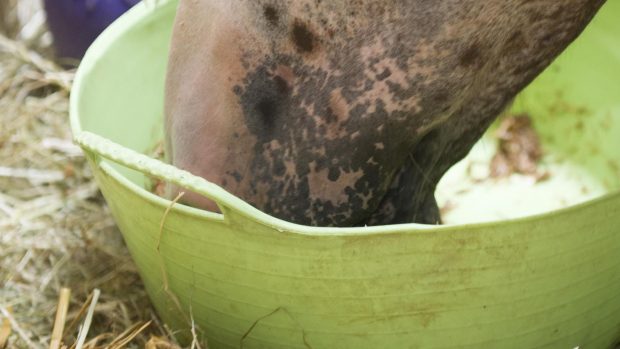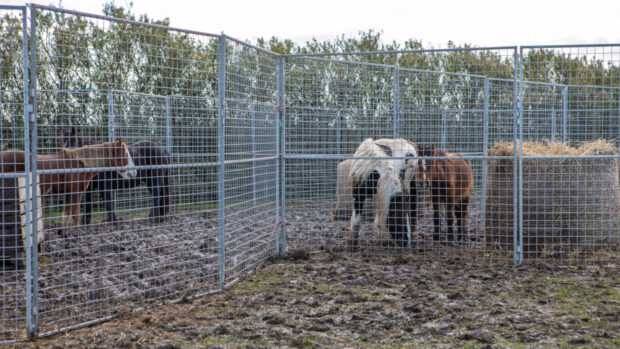Welfare consequences identified for horses during long-distance transport to slaughter build an “irrefutable case for change” – as it is hoped recommendations will pave the way for change to EU law.
In 2020, the European Commission asked the European Food Safety Authority (EFSA) to carry out an independent review into the welfare of livestock during transport, ahead of a possible update to EU animal welfare laws. Last month, EFSA published its findings in five reports, of which the equine-specific report identified 13 “welfare consequences” as being “highly relevant” for the welfare of horses during transport. These included handling stress, restriction of movement and injuries – and it was found horses may experience fear, pain, discomfort or fatigue, associated with these consequences.
EFSA stated that to reduce the impact of transportation on welfare, greater space, lower temperatures and reduced journey durations are required “compared to the current rules and practices”. The recommendations include providing food and water at regular intervals of no more than four hours, the temperature inside vehicles transporting horses not exceeding 25℃, stalls being at least 40cm wider than the widest point of the horse, and horses being able to lower their heads below their withers. The concept of fitness to travel should be “properly defined”, and those handling horses should be well trained.
World Horse Welfare – which was founded nearly 100 years ago by Ada Cole to bring an end to the practice of long-distance transport to slaughter – submitted evidence to EFSA (news, 2 Jun) and “welcomed” the report.
“This report acknowledges what we have been saying for years: the longer the journey, the more horses can suffer, especially when conditions are not right,” said Roly Owers, the charity’s chief executive.
“These recommendations echo many of our own. The report is an irrefutable case for change, and I very much hope that their recommendations will be taken on board, alongside a specified maximum journey time limit.”
A World Horse Welfare spokesman added that unlike other species, a large number of equids are transported for reasons other than slaughter, such as moving to new grazing, for breeding purposes and when being transferred to new owners, so these recommendations will affect all horses being transported for “commercial purposes”. But it was recognised that horses being transported for slaughter are often subjected to longer journeys, in poorer conditions, so these recommendations will benefit these animals in particular.
Mr Owers said since Brexit there is a “real danger” animal transport requirements in Great Britain and the EU will “significantly differ”.
“World Horse Welfare is working to seek as close alignment as possible with animal welfare and health rules, including disease control. This will hopefully ensure the welfare of equines as they are transported between the EU and Great Britain, but also allow for ease of compliance for transporters,“ he said.
You might also be interested in:

‘The stars are aligning’ to end horrific long-distance transport to slaughter

‘Once in a generation‘ opportunity in fight against long-distance transport for slaughter

Subscribe to Horse & Hound magazine today – and enjoy unlimited website access all year round
Horse & Hound magazine, out every Thursday, is packed with all the latest news and reports, as well as interviews, specials, nostalgia, vet and training advice. Find how you can enjoy the magazine delivered to your door every week, plus options to upgrade your subscription to access our online service that brings you breaking news and reports as well as other benefits.





